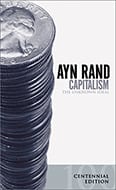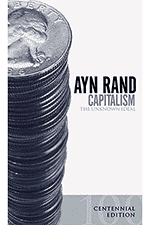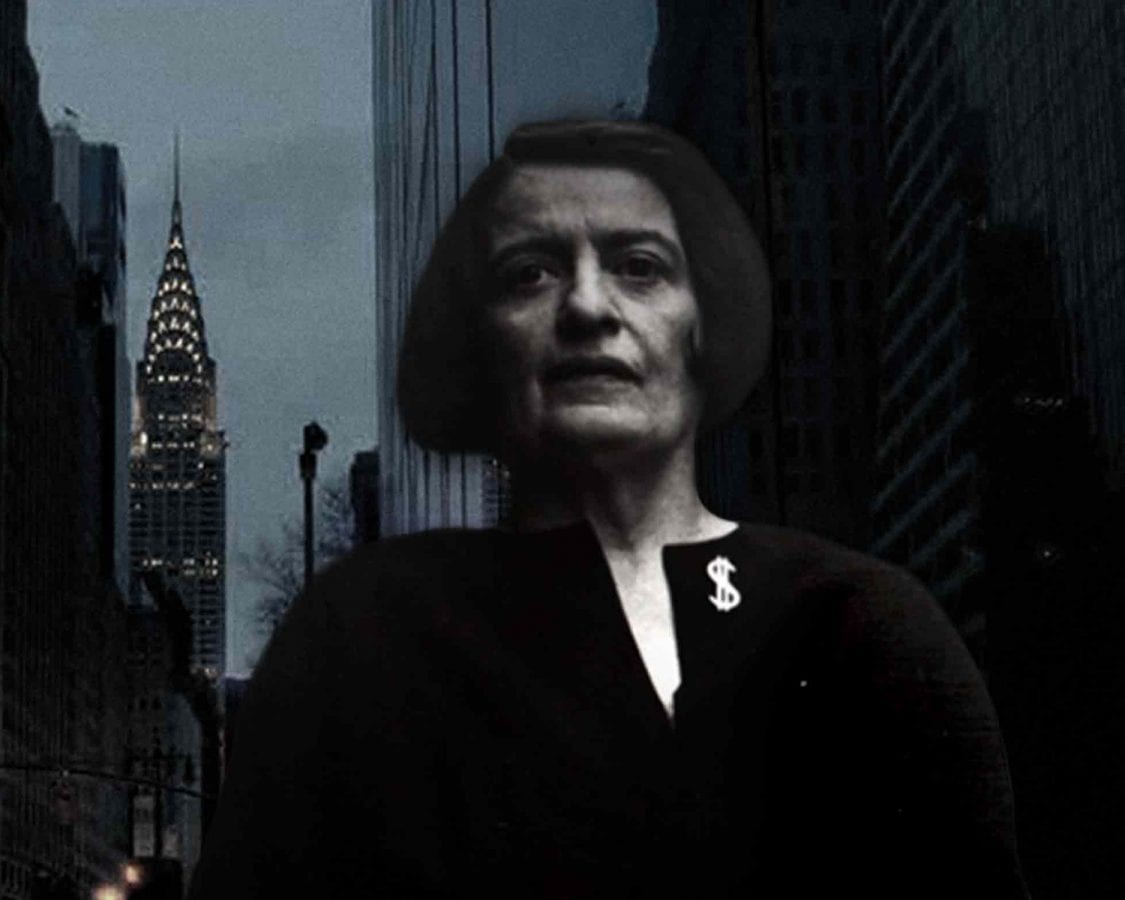Today’s Intellectual State
In this 1968 radio interview, Ayn Rand analyzes the deep divide between the American people and their intellectual leaders. Americans, she argues, are increasingly uneasy about their government’s intrusion in economic and private affairs, but their intellectual leaders fail to identify such intervention as a problem, to locate its causes or to offer solutions. “What the people are starved for,” Rand says, is “a consistent, rational ideology, instead of the insane, pragmatic chaos of pressure-group warfare, empty slogans and blatant hypocrisy in which we are now drowning.” Rand illustrates the consequences of the prevailing anti-ideology by discussing the Republican appeasement of liberals in the 1940, 1952 and 1968 presidential elections.
This program lasts 30 minutes.
About the Author
Ayn Rand
Ayn Rand created and defined her philosophy, Objectivism, in the pages of her best-selling novels, particularly The Fountainhead and Atlas Shrugged, and in a series of nonfiction books that address a wide range of fundamental issues in philosophy.
Born Alisa Rosenbaum in Tsarist St. Petersburg in 1905, Rand witnessed the Russian Revolution as a teenager and promptly condemned communism as immoral for sacrificing the individual to the collective. In 1926, shortly after graduating from the University of Leningrad, she fled to America, adopting the pen name Ayn Rand to shield her family from possible persecution once her anti-communism became well known.
In Hollywood, she wrote scenarios for famous director Cecil B. DeMille and met her future husband on a movie set, but the couple struggled financially for years. Then came a string of writing successes: a Broadway play, followed by her first novel, We the Living (1936), then a novella called Anthem (1938), and later her first best seller, the story of a fiercely independent architect named Howard Roark in The Fountainhead (1943). All these works of fiction feature gripping stories and exalted, egoistic, this-worldly heroes.
In writing Atlas Shrugged (1957) — the story of a man who said he would stop the motor of the world, and did — Rand had to define fully her new philosophy of reason, rational self-interest, and laissez-faire capitalism.
Thereafter, and until her death in 1982, Rand amplified and explicated her “philosophy for living on earth” in a stream of books whose theoretical essays and cultural commentaries cover important topics across the five major branches of philosophy: metaphysics, epistemology, ethics, politics and esthetics.






